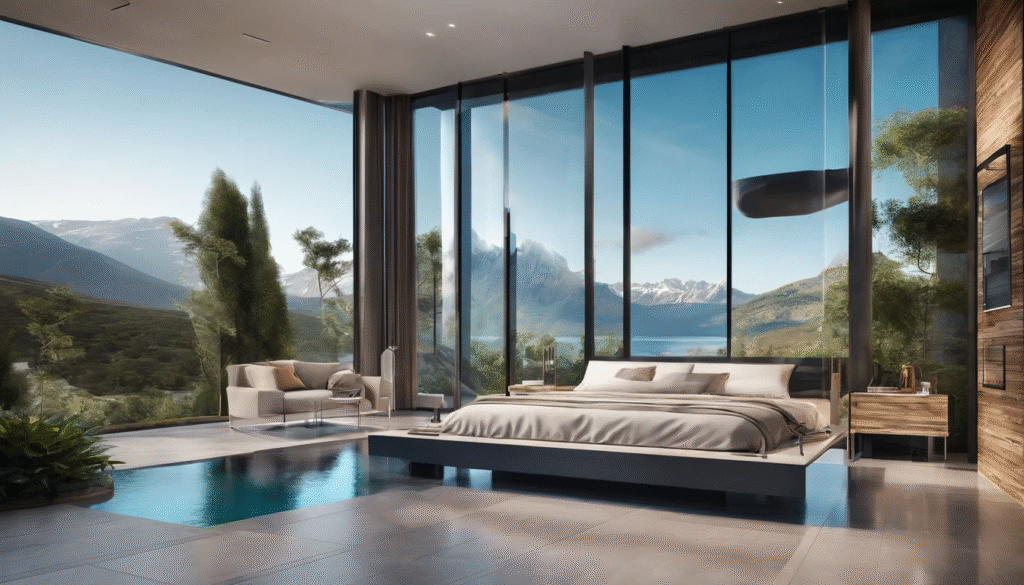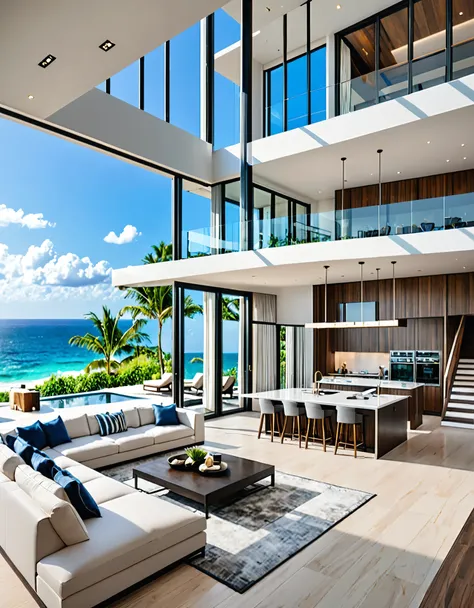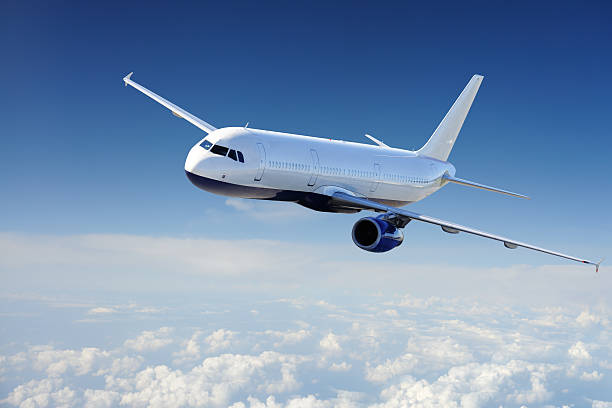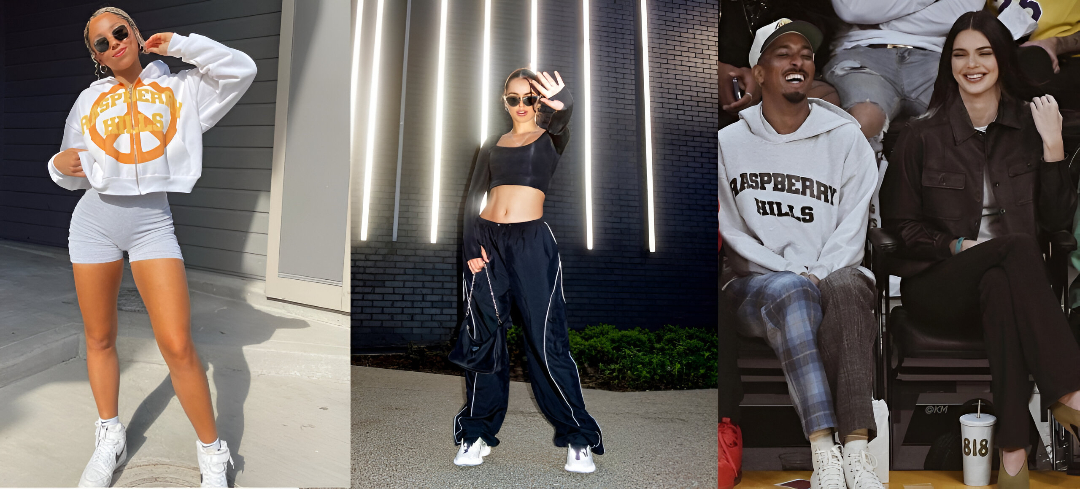Introduction
Dubai, the crown jewel of the United Arab Emirates, is globally recognized for its futuristic skyline, luxurious lifestyle, and architectural marvels. From the towering Burj Khalifa to stunning waterfront villas, aluminium windows play a vital role in shaping both the aesthetics and functionality of Dubai’s built environment. In a city where temperatures can soar above 45°C, and where style meets sustainability, choosing the right window solution is crucial.
This comprehensive guide explores everything related to windows in Dubai types, materials, energy efficiency, climate considerations, design trends, and regulatory standards tailored for homeowners, architects, contractors, and developers.
Windows are more than just architectural features they connect interiors with the outside world, enhance ventilation, regulate light, and influence energy efficiency. In Dubai, where the desert climate, luxury architecture, and high-rise skyline play a significant role in design decisions, choosing the right window system is crucial.

This article explores everything you need to know about windows in Dubai, including types, materials, energy efficiency, style trends, local suppliers, and maintenance practices.
1. Importance of Windows in Dubai Architecture
Windows are more than just transparent barriers between the interior and exterior. In Dubai, where sunlight, dust, and high temperatures dominate the climate, windows must serve several functions:
Thermal insulation to reduce cooling costs
UV protection to prevent fading interiors
Aesthetic appeal to complement architectural design
Acoustic insulation for noise reduction in urban areas
Sand and dust resistance for durability
Given these requirements, the selection of windows is often a balance between beauty and utility.
Dubai’s climate is hot, dry, and sunny most of the year, with temperatures exceeding 45°C in summer. Windows, therefore, must:
Provide insulation from heat.
Block UV radiation.
Reduce energy consumption through smart glazing.
Enhance the aesthetic value of luxury villas, commercial spaces, and skyscrapers.
Architectural beauty in Dubai relies heavily on glass façades, panoramic views, and eco-friendly solutions.
2. Popular Window Types in Dubai
Dubai’s architecture includes a blend of traditional Arabic elements and cutting-edge modernism. Accordingly, various window types are used across residential, commercial, and industrial buildings.
a) Sliding Windows
Sliding windows are common in apartments, villas, and offices due to their space-saving design and modern look. They offer ease of use, ventilation, and panoramic views ideal for high-rises with scenic city or ocean views.
b) Casement Windows
Hinged at the side and opening outward, casement windows are popular in villas and premium properties. They offer excellent air circulation and are typically sealed tighter than sliding types, providing better energy efficiency.
c) Tilt and Turn Windows
These versatile windows can tilt inwards for ventilation or swing open like a door. Increasingly popular in modern villas and eco-friendly buildings, they offer superior sealing, making them ideal for energy-conscious homeowners.
d) Fixed Windows
Also known as picture windows, fixed windows do not open and are used mainly for their aesthetics. Found in hotels, malls, and luxury homes, they frame breathtaking views while maximizing natural light.
e) Bay and Bow Windows
Though not widespread in Dubai, these architectural window styles are gaining popularity in bespoke villas. They add depth to interiors and allow for seating or decorative use.
Ideal for apartments and commercial buildings, sliding windows save space and provide unobstructed views. They are often made of aluminium or UPVC.
These are hinged at the side and open outward. Casement windows provide excellent ventilation and are often installed in villas and private homes.
A European style gaining popularity in Dubai. They can tilt for ventilation or open inward for cleaning. Best for safety and insulation.
Non-opening windows used to maximize light or highlight scenic views. Often installed in skyscrapers and luxury homes.
Hinged at the top and open outward, awning windows allow ventilation even during light rain. Used in bathrooms and kitchens.
Installed in roofs to increase daylight. Ideal for villas, lofts, and penthouses.
3. Common Window Materials in Dubai
a) UPVC (Unplasticized Polyvinyl Chloride)
One of the most widely used materials in Dubai, uPVC windows offer:
High insulation
Weather resistance
Low maintenance
Cost-effectiveness
They are ideal for both residential and commercial properties.
b) Aluminium
Lightweight and strong, aluminium windows are a staple in Dubai’s commercial high-rises and modern homes. With powder-coated or anodized finishes, aluminium resists rust and can endure the UAE’s harsh climate.
c) Wood
Though less common due to humidity and maintenance issues, wood is used in traditional Arabic homes and high-end villas. It provides a warm, classic appearance.
d) Glass Combinations
Dubai often uses double or triple-glazed windows with specialized coatings like Low-E (low emissivity) to improve insulation. Laminated and tempered safety glass are also frequently used for security and soundproofing.
4. Materials Used for Windows in Dubai
a. Aluminium
Highly durable, corrosion-resistant, and modern-looking. Popular in high-rises and commercial buildings. Aluminium windows can handle large glass panes and resist Dubai’s harsh sun.
b. UPVC (Unplasticized Polyvinyl Chloride)
Energy-efficient and affordable, UPVC windows offer good thermal insulation and are resistant to salt, dust, and rust. Ideal for residential applications.
c. Timber/Wood
Rare in Dubai due to maintenance issues in hot weather. However, used in luxury villas for a classic aesthetic with proper treatment.
d. Composite Windows
Combines materials like wood and aluminium or UPVC for dual benefits thermal insulation from the inside and durability on the outside.
e. Steel and Glass
Used in commercial and industrial buildings for strength and design flexibility.
5. Energy Efficiency and Climate Considerations
With over 300 sunny days per year and extreme summer temperatures, Dubai places strong emphasis on energy-efficient building materials.
a) Double and Triple Glazing
These windows have multiple glass layers with inert gas (like argon) between them. Benefits include:
Reduced heat gain
Lower cooling costs
Improved sound insulation
b) Low-E Coatings
Low-E glass minimizes the amount of infrared and ultraviolet light that passes through without compromising natural light. It’s ideal for reducing air conditioning costs while protecting furniture from UV damage.
c) Thermal Break Frames
These frames contain insulating materials between metal layers to prevent thermal bridging where heat passes through conductive materials making them essential in aluminium windows.
d) Smart Glass
Smart glass technology, including electrochromic and thermochromic variants, allows glass to change its opacity based on sunlight or temperature. Although expensive, it’s used in premium real estate and sustainable projects.
6. Window Glazing and Insulation
Given Dubai’s temperature extremes, glass choice plays a critical role.
a. Double Glazing
Two layers of glass with a gas-filled space between them. Reduces heat transfer and noise pollution.
b. Triple Glazing
Offers even higher insulation, though less common due to cost.
c. Low-E Glass (Low Emissivity)
Coated glass that reflects infrared rays. Keeps interiors cooler and reduces air conditioning bills.
d. Tinted Glass
Blocks UV and excessive sunlight. Tinted windows are a popular option in both homes and offices.
e. Reflective and Smart Glass
Reflective coatings add privacy and reduce solar gain. Smart glass can adjust transparency based on sunlight ideal for luxury homes and offices.
7. Energy-Efficient Window Systems
Energy efficiency is no longer optional—it’s essential. Dubai’s focus on sustainability, especially under the Dubai Clean Energy Strategy 2050, has made eco-friendly window systems a priority.
Benefits of Energy-Efficient Windows:
Reduce HVAC usage.
Maintain indoor comfort.
Decrease carbon footprint.
Lower energy bills.
Thermal breaks, insulated frames, and quality seals are key features to look for.
8. Design Trends in Dubai Windows
a) Floor-to-Ceiling Glass Walls
Luxury villas and high-rises in areas like Downtown Dubai and Palm Jumeirah often feature panoramic windows to provide uninterrupted views and natural lighting.
b) Minimalist Frames
Modern aesthetics favor narrow aluminium frames with clean lines to maximize glass area and daylight.
c) Arabic Mashrabiya Style
Traditional Islamic latticework is reimagined in modern window design, combining culture with contemporary aesthetics. These decorative screens also help in passive cooling.
d) Smart Home Integration
Many villas and new apartments in Dubai come with smart home systems that include remote-controlled blinds, automatic tinting, and glass window sensors for security and energy optimization.
Modern buildings in Dubai utilize full-height glass windows to embrace views of the city, sea, and desert.
Frameless or ultra-slim frames offer a sleek, contemporary look, suitable for minimalist villas.
Inspired by Islamic architecture, arched and custom-shaped windows add character to traditional villas and mosques.
Control light and heat through automation. Compatible with smart home systems for enhanced convenience.
Integrated into the window system, these offer remote control shading, often seen in commercial towers.
9. Maintenance and Durability
Given the dusty environment, regular window cleaning is essential. Many high-rises use automated window cleaning systems or professional services.
Key maintenance aspects include:
Cleaning glass and frames monthly
Inspecting rubber seals for cracks
Lubricating hinges and tracks
Replacing damaged gaskets or locks
Materials like UPVC and powder-coated aluminium require minimal maintenance compared to wood.

10. Window Installation and Replacement in Dubai
a) Licensed Contractors
Dubai Municipality and Trakhees (for free zones) require licensed professionals for structural modifications, including window installation.
b) Safety Compliance
Glass must comply with standards like BS 6206 or EN 12150 for safety, particularly in high-rise or public buildings.
c) Lead Time and Costs
UPVC: AED 350–550/m² installed
Aluminium: AED 500–800/m² depending on the system
Double glazing adds 30–50% to the cost
Smart glass or custom designs cost significantly more
11. Window Regulations and Green Building Codes
Dubai follows stringent building codes under Dubai Municipality (DM) and Dubai Green Building Regulations and Specifications (DGBRS). For example:
Minimum U-values (thermal transmittance) must be met
SHGC (Solar Heat Gain Coefficient) limitations
All glazing must conform to fire safety and wind-load standards
In zones like Dubai South or Dubai Silicon Oasis, developers must also comply with LEED, Estidama, or Al Sa’fat certifications.
12. Window Suppliers and Manufacturers in Dubai
There are numerous reputed companies offering custom window solutions in Dubai:
Top Names Include:
Danube Building Materials
Technal Middle East
Reynaers Aluminium
Emirates Glass
JEBEL ALI GLASS
AGC Glass UAE
These firms provide installation, customization, and after-sales services for residential and commercial clients.
13. Custom Window Installation in Dubai
Installation Factors to Consider:
Building type (villa, apartment, office, tower)
Orientation and sun exposure
Noise pollution (near highways or airports)
Desired ventilation and insulation
Budget and maintenance preferences
Always choose DEWA-compliant and Dubai Municipality-approved products.
Professional installation includes sealing, frame alignment, and moisture-proofing.
14. Maintenance Tips for Windows in Dubai
The desert climate brings challenges like sandstorms, dust, and salt air (near coastal zones). Regular care enhances longevity and appearance.
Maintenance Checklist:
Clean glass with a soft cloth and non-abrasive cleaners.
Lubricate sliding tracks and hinges.
Check for air leaks and seal damage.
Repaint or treat wooden frames annually.
Inspect for rust on aluminium or steel frames.
15. Cost of Window Systems in Dubai
Estimated Price Ranges:
UPVC Windows: AED 350 – 800 per sqm
Aluminium Sliding Windows: AED 400 – 1200 per sqm
Double Glazing: AED 250 – 600 per sqm
Smart/Reflective Glass: AED 600 – 2000 per sqm
Custom designs, automation, or triple glazing will increase the cost. Quotes vary based on brand, finish, and installation complexity.
16. Regulations and Certifications
All window systems must comply with:
Dubai Municipality standards
DEWA (Dubai Electricity and Water Authority) efficiency guidelines
Green Building Regulations and Specifications
Fire safety and ventilation standards
Energy-efficient windows can qualify for green building certifications like LEED or Estidama.
17. Choosing the Right Window for Your Space
Factors to Consider:
Functionality: Do you need ventilation or just natural light?
Aesthetic: Match the window style with architecture (modern, traditional, Islamic).
Budget: Balance between performance and affordability.
Orientation: South-facing windows need better UV protection.
Security: Consider reinforced glass or internal grills for safety.
Consult a window specialist to perform a site analysis and recommend optimal solutions.
18. Leading Window Manufacturers and Suppliers in Dubai
Some of the top window companies in Dubai include:
a) Danube Building Materials
Known for UPVC, aluminium systems, and accessories.
b) Reynaers Middle East
Premium aluminium windows with cutting-edge technology.
c) Schüco UAE
German-engineered aluminium and smart glass systems.
d) Gulf Extrusions
One of the region’s top aluminium profile suppliers.
e) Al Abbar Architectural Glass
Custom façades, curtain walls, and architectural glazing.
These suppliers often offer customization, installation, and maintenance packages, making them popular choices for large-scale developments and bespoke residential projects.
19. Future of Windows in Dubai
Dubai’s push toward sustainability and smart infrastructure is shaping the window industry in new ways:
a) Net Zero Energy Buildings
Windows will play a major role in insulation and daylighting to reduce energy consumption.
b) AI-Powered Smart Windows
Automated tinting, solar energy harnessing, and air-purifying glass are in development.
c) 3D-Printed Windows
Though in early stages, 3D printing will enable on-site manufacturing and customization.
d) Integration with Solar Panels
Hybrid glass-windows with built-in photovoltaic cells are expected to become common in green buildings.
With the push toward Net Zero Carbon Buildings by 2050, the future of windows in Dubai lies in:
Self-tinting and solar glass
Integrated photovoltaic (solar) windows
AI-based shading systems
Nanotechnology coatings
Sustainable, recyclable frames
Green building projects in Dubai Marina, Expo City, and Downtown are already leading this trend.
Conclusion
Windows in Dubai are more than just glass they’re a combination of aesthetics, engineering, and environmental responsibility. Whether you’re building a villa in Emirates Hills, renovating a Bur Dubai apartment, or fitting windows in a DIFC office, the right window system can enhance comfort, beauty, and energy efficiency.
Invest wisely by choosing the right material, glazing, and design and ensure professional installation for lasting result.
Whether you’re building a villa in Jumeirah, renovating an office in Business Bay, or developing a high-rise in Dubai Marina, windows are a critical investment that affects comfort, performance, and aesthetics. With a wide array of materials, designs, and technologies available in Dubai, there’s a perfect window solution for every need and budget.
Carefully consider factors like energy efficiency, climate compatibility, architectural style, and maintenance before choosing. With the right approach and guidance from professional suppliers and contractors, your window choices in Dubai can not only elevate your space but also contribute to long-term sustainability and cost-efficiency.





